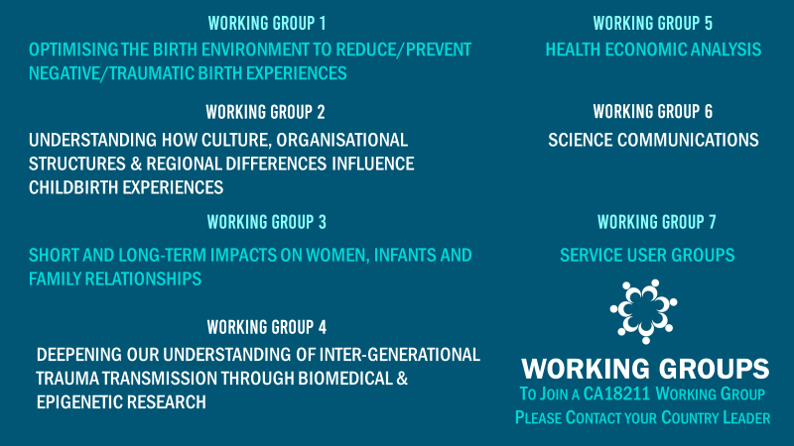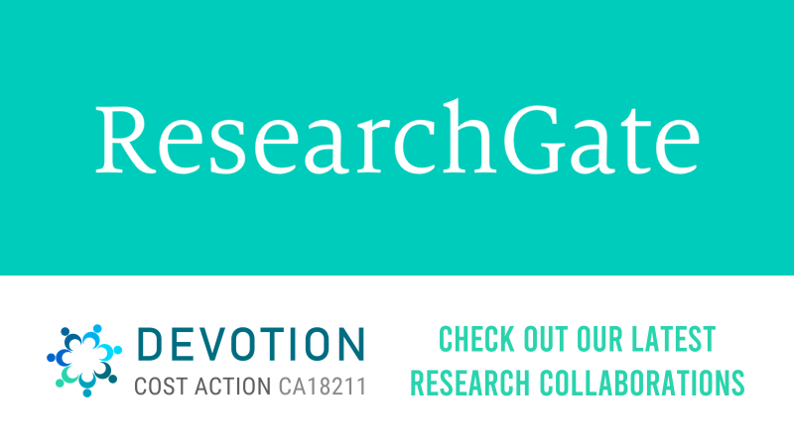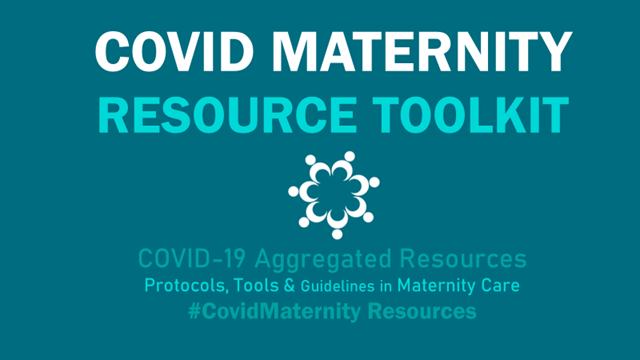Birth Trauma Research is a Necessity
Approximately 30% of mothers perceive their birth as traumatic with a smaller number of mothers developing pathological symptoms and approx. 4% of women receiving a clinical diagnosis of Post-Traumatic Stress Disorder (PTSD).
Globally, approx. 136 million babies are born every year, 5.1 million within the EU. This means that worldwide, over 4.7 million women and their families are affected by Birth Trauma – every single year.
Within the EU, this equates to approx. 1.5 million mothers experiencing a traumatic birth and over 200k diagnosed with PTSD annually.
In High Risk Groups i.e., following traumatic events such as preterm birth or neonatal death, up to 19% of women receive a diagnosis of PTSD. Research illustrated that a substantial number of women suffer from clinically significant PTSD symptoms though they may remain below the diagnostic threshold for PTSD.
Whether women develop PTSD symptoms depends heavily on their subjective experience of birth.
To understand more check out our latest research
Network Research Publications
Why a Family Centred Approach to Birth Trauma?
Birth is the point at which families are created. PTSD can impact negatively on a mother but also affects her relationship with her baby, existing children and even the relationship with her partner.
Men are not immune to birth trauma either. PTSD affects approx. 4% of mothers and more recent studies highlight that it can affect fathers too. Paternal PTSD meta-analyses shows 0 – 5% of fathers exhibit paternal PTSD following traumatic childbirth.
Traumatic childbirth may result in couples deciding to have no further children. Maternal PTSD has been associated with difficulties in establishing a mother-baby bond; may impact breastfeeding initiation and continuation; and may negatively affect the new infant’s sleep and development.
Why is Birth Trauma Research important?
There is currently a lack of evidence-based early interventions to prevent the development of PTSD following childbirth.
Perinatal care represents an area where there is clear potential to prevent or minimise Post-Traumatic stress reactions. Some of CA18211 researchers are focused on ensuring an optimal universal stand of appropriate care and support is provided during labour and childbirth.
Sensitive and supportive management of events during the labour process may contribute to the woman’s and her partner’s sense of control and positively influence their childbirth experience.
Early screening for and treatment of PTSD following childbirth are essential in order to prevent the negative impact also on the relationship with the partner and child, and the development of the child.
What’s the difference between Outcome and Experience?
Childbirth is a profound and significant life event for many women. Birth for women should be an empowering and humanising experience.
Sometimes the focus on obstetric and birth outcomes can be to the exclusion of the birth experience. Women may experience trauma during the perinatal period due to pregnancy or childbirth complications, obstetric interventions or poor outcomes for themselves or their babies.
One of the strongest predictors for the development of PTSD symptoms following childbirth are interpersonal factors and a woman’s negative perception of interactions with her care givers. Critically important to women’s wellbeing and optimal experiences are choice, control and shared or involvement in decision making. Effective communication is central to good interactions with women and can influence women’s appraisal of difficult birth events or experiences.
Despite the evidence of the link between trauma and mental distress, healthcare professionals may be unaware of the negative consequences of maternity care practices. It is vital that healthcare professionals utilise a trauma informed approach to their interactions with women during the perinatal period.
Healthcare professionals can experience and witness difficult childbirth events. As witnesses or participants in caring they are exposed to such harmful events including disrespectful or poor care, coercive or indifferent interpersonal communication or high levels of obstetric intervention. Observing women’s trauma may result in fear and guilt with such emotions more likely when witnessing interpersonal care-related trauma.
A normal response to witnessing trauma, particularly to multiple episodes is for midwives to experience Secondary Traumatic Stress (STS). This increases their risk of full PTSD.
Traumatic births thereby affect not just women or whole families but also healthcare professionals – in summary, traumatic birth has a systemic impact.



